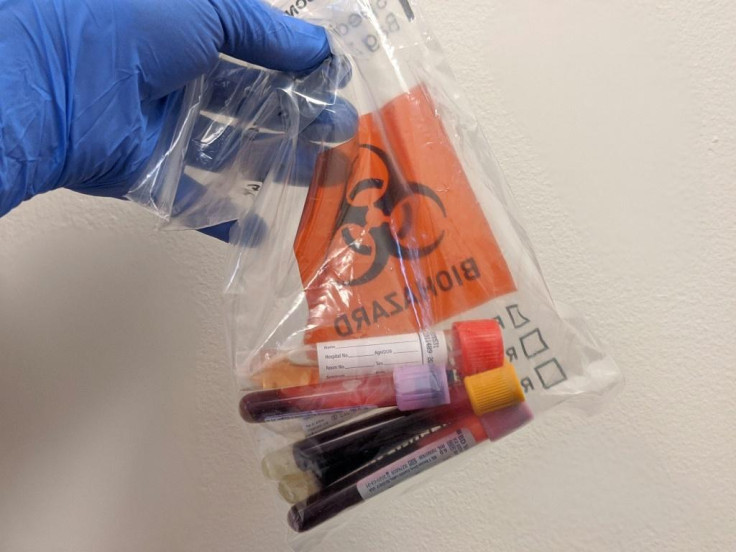Virus antibody treatment could potentially save lives until vaccine becomes available: Experts
Until a vaccine successfully completes testing and is approved by regulators, alternate forms of treatment are being considered.
Due to the collective efforts of the medical community and biotech companies, coronavirus research and clinical trials have been progressing at a promising rate. To date, two vaccine candidates are already in phase 3 of testing and are in the process of recruiting volunteers. Moreover, Russia recently approved what might be the world's first COVID-19 inoculation called the Sputnik V, but has drawn concern from healthcare systems over its safety. Now, pharmaceutical companies are considering the use of antibody treatments against SARS-CoV-2.
Despite leading immunologists calling for the approval of human challenge trials, what is preventing regulators from granting permission is the absence of an effective treatment for COVID-19. Therefore, this would require researchers to wait for coronavirus vaccine subjects to be exposed naturally. Evidently, this would prolong the process, which is in line with what experts suggested regarding the availability of the shots.
Until a vaccine successfully completes testing and is approved by regulators, alternate forms of treatment are being considered. The experimental medication in question is a concentrated mix of coronavirus antibodies that have been flagged their favourable results in animal and laboratory tests. "A vaccine takes time to work, to force the development of antibodies. But when you give an antibody, you get immediate protection," explained Dr. Myron Cohen a virologist of the University of North Carolina
He added: "If we can generate them in large concentrations, in big vats in an antibody factory ... we can kind of bypass the immune system." Fox News, points out that unlike vaccines, antibody drugs could grant temporary immunity for at least a few months. This would benefit those who work in the front line and are regularly exposed to the 2019 novel coronavirus.

Scientists also see the treatment as a way to help COVID-19 patients recover quicker and even reduce the risk of death. "The hope there is to target people who are in the first week of their illness and that we can treat them with the antibody and prevent them from getting sick," noted Emory University infectious disease specialist Dr. Marshall Lyon. Meanwhile, U.S. Food and Drug Administration official Dr. Janet Woodcock expressed that antibody drugs are "very promising" and might see mass production "fairly soon."
© Copyright IBTimes 2025. All rights reserved.





















